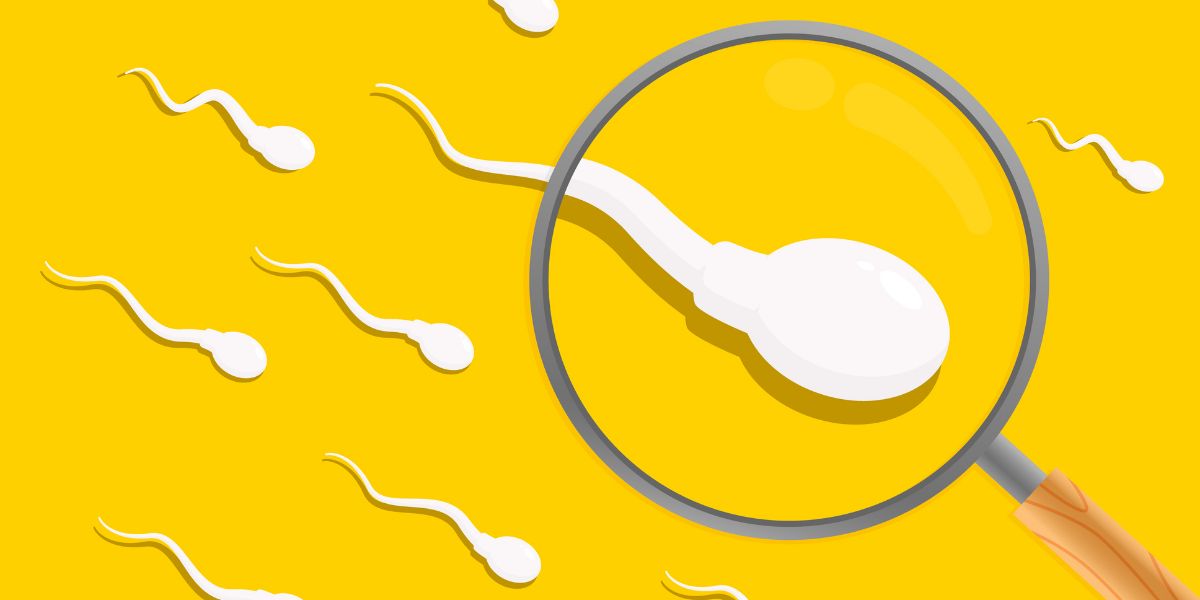Dry mouth, clinically known as xerostomia, is the term used to describe a lack of saliva in the mouth.
Saliva helps to control levels of bacteria as well as balancing and washing away acid around teeth and gums.
Symptoms of dry mouth
An obvious symptom of dry mouth is having a lack of moisture in your mouth.
Other symptoms of dry mouth include:
- Irritation at the corners of the mouth
- Inflammation of the gums (gingivitis)
- Oral thrush (yeast or fungal infections on the tongue and cheeks, sometimes following a course of antibiotics)
Symptoms of oral thrush include white patches in the mouth, redness of the tongue and cracking of the skin at the corner of the lips.
Causes of dry mouth
People with diabetes are more susceptible to dry mouth and yeast infections such as thrush because of high glucose levels in their blood and saliva.
Other causes include dehydration, smoking and some medication.
Ways to treat and reduce the effect of dry mouth
- Keep your blood sugars within the recommended range
- Brush braces or dentures after each meal – if relevant
- Keep yourself hydrated and carry water with you
- Use a non-alcoholic gel or mouthwash
- Using lip balm is recommended if you have dry or irritated lips (particularly at the corners)









